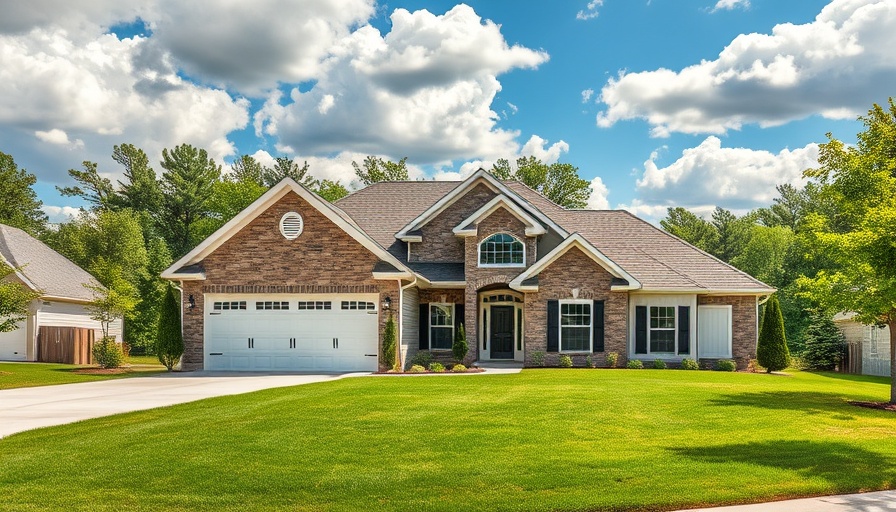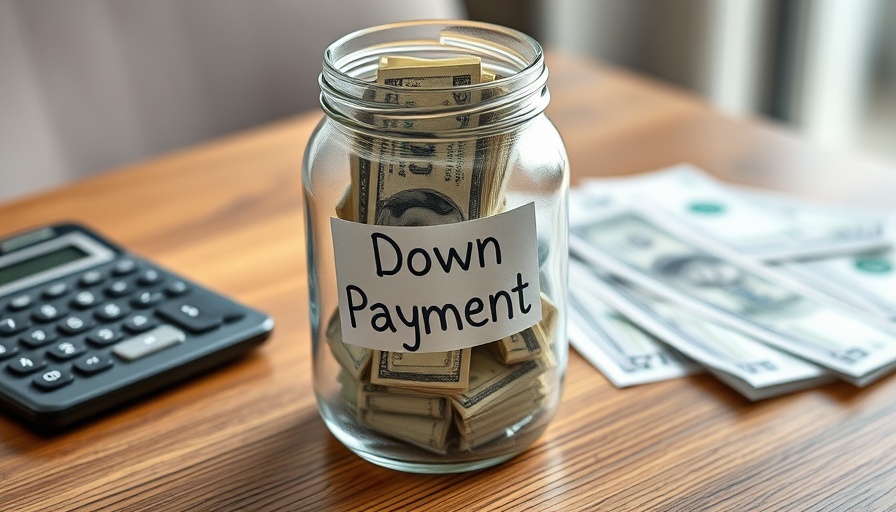
Can You Buy a Home with a 600 Credit Score?
The answer is yes! A 600 credit score, while not optimal, does not automatically exclude you from the housing market. Lenders assess more than just your credit score when considering your mortgage application. They also evaluate your income, employment history, debt-to-income ratio, and your history of making consistent payments. If you can demonstrate a steady income and show that you can handle a mortgage, there are options available for you.
Understanding Loan Options Available
The type of loan you pursue plays a crucial role in determining eligibility based on credit score. For instance, conventional loans often require a minimum credit score of 620. However, if you're considering an FHA loan, you may qualify with a score as low as 580 with a 3.5% down payment. For those putting down 10% or more, a score of 500 may suffice!
The Value of FHA Loans for Lower Credit Scores
FHA loans are particularly beneficial for first-time homebuyers or those with lower credit scores. They provide a supportive pathway to homeownership, allowing more flexibility in terms of credit score and down payment amounts. This makes them a popular choice among individuals working on improving their financial standing.
VA and USDA Loans: Additional Advantages
If you are a veteran or currently serving in the military, VA loans offer another pathway to homeownership without imposing a specific credit score requirement, although many lenders still prefer a score of 620 or higher. Similarly, USDA loans, designed to promote rural development, typically favor individuals with scores of 620 and above but are not restricted by a defined minimum, making them an option for eligible buyers.
In summary, even with a 600 credit score, there are viable pathways to homeownership available, particularly through FHA, VA, and USDA loans. With the right preparation and understanding of your options, homeownership can still be within reach.
 Add Row
Add Row  Add
Add 




Write A Comment